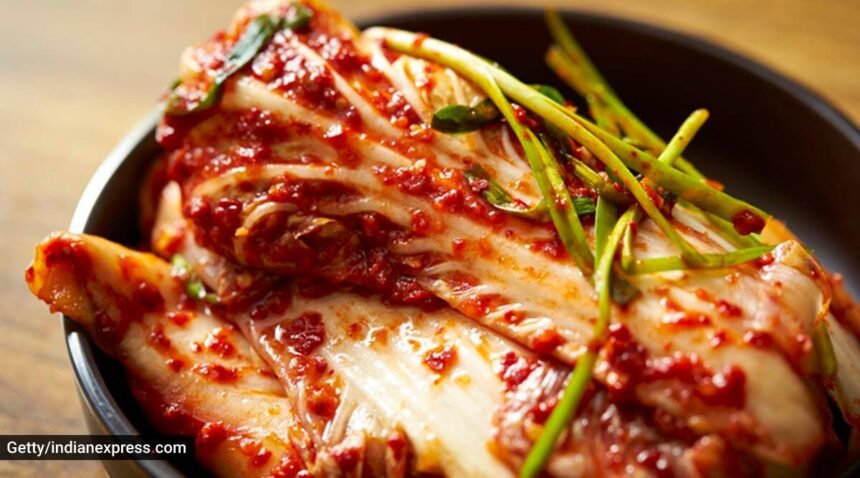Kimchi, a traditional Korean fermented dish made from vegetables, has become a source of tension between South Korea and China. The dish is made by burying the vegetables in large earthen pots, known as “kimchi pits,” and allowing them to ferment over time. However, China has been using these same kimchi pits to store and ferment their own traditional fermented dish, called “baechu kimchi.” This has led to a rise in competition between the two countries in the global kimchi market, with each country claiming to produce the “authentic” version of the dish.
The kimchi industry is a significant part of South Korea’s economy, with exports of the dish worth around $200 million in 2019. The country has been promoting kimchi as a traditional Korean food, and has even applied to have it registered as a UNESCO Intangible Cultural Heritage. However, China has been rapidly expanding its own kimchi industry, and the country’s exports of the dish have grown by over 30% in the past year.
The competition between the two countries has led to a rise in trade tensions, with South Korea accusing China of stealing their traditional recipe and marketing it as their own. The two countries have also been engaging in a bitter dispute over the use of the name “kimchi,” with South Korea arguing that the dish should only be referred to as “kimchi” when made in the traditional Korean way.
The kimchi dispute is not the only trade issue between South Korea and China. The two countries have also been engaged in a broader trade dispute, with China imposing tariffs on South Korean goods and restricting imports of South Korean products, including cars and smartphones. The kimchi dispute is just one example of how these trade tensions are impacting specific industries and businesses in both countries.
The kimchi dispute also highlights the importance of intellectual property rights in the global food industry. As traditional foods become more popular and the demand for them increases, countries need to ensure that they are protecting their own traditional recipes and culinary heritage, while also respecting the intellectual property rights of other countries.
In conclusion, the competition between South Korea and China in the global kimchi market has led to a rise in trade tensions between the two countries. The kimchi industry is an important part of South Korea’s economy and cultural heritage, and the country is accusing China of stealing its traditional recipe. The dispute highlights the importance of intellectual property rights in the global food industry, and the need for countries to protect their traditional foods and culinary heritage.









